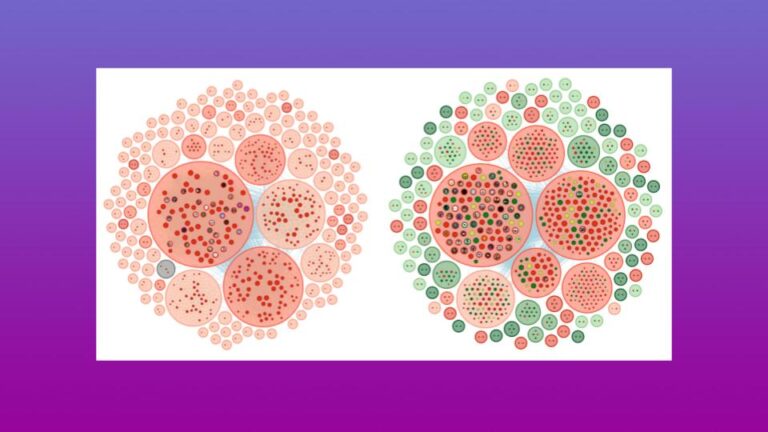Reports
Access Cyabra's reports for detailed insights on digital threats, social trends, and strategies for effective online engagement and security!
Uncovering Iran’s Online Manipulation Network
July 9, 2025
Following a nationwide blackout in Iran, Cyabra uncovered a coordinated bot network spreading pro-Scottish and pro-Iran narratives on X.
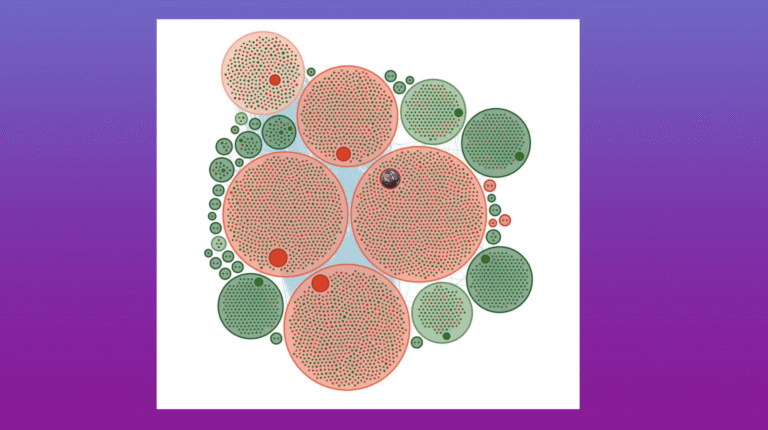
Unmasking The Bot-Driven Boycott Of Amazon
June 25, 2025
Following Amazon’s decision to end its DEI programs, Cyabra uncovered a fake network fueling viral boycott campaigns and distorting public opinion online.
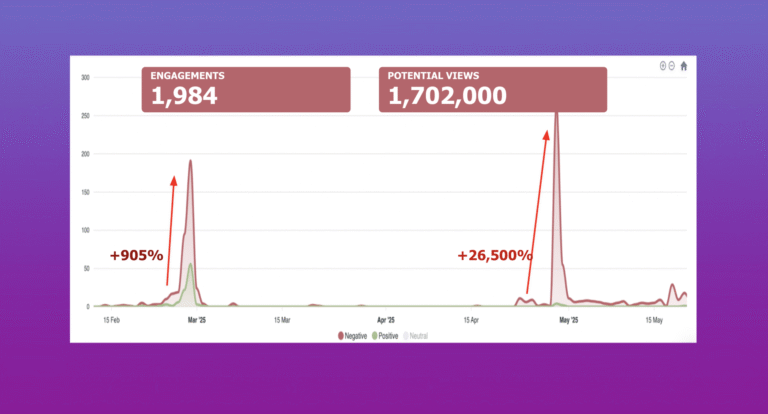
Exposing the Network Behind Anti-Uber Attacks
June 18, 2025
Amid growing backlash, Cyabra uncovered a coordinated fake campaign designed to discredit Uber and fuel the boycott across social media.
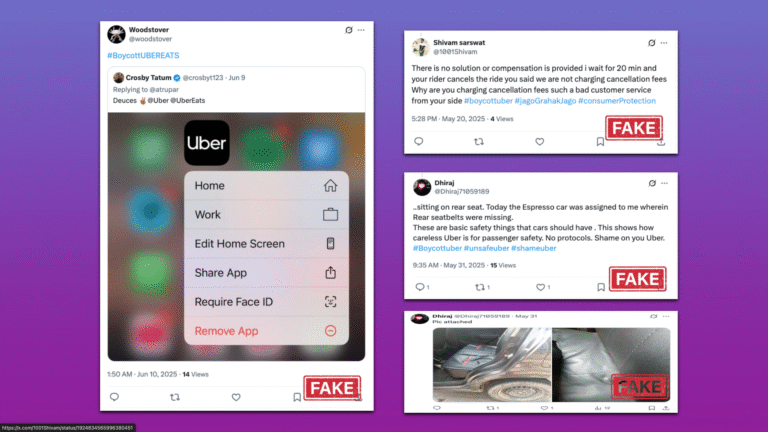
Tariffs and Their Impact on International Brand Reputation
May 26, 2025
Following the new US tariffs, Cyabra uncovered a massive fake campaign promoting purchases directly from China.
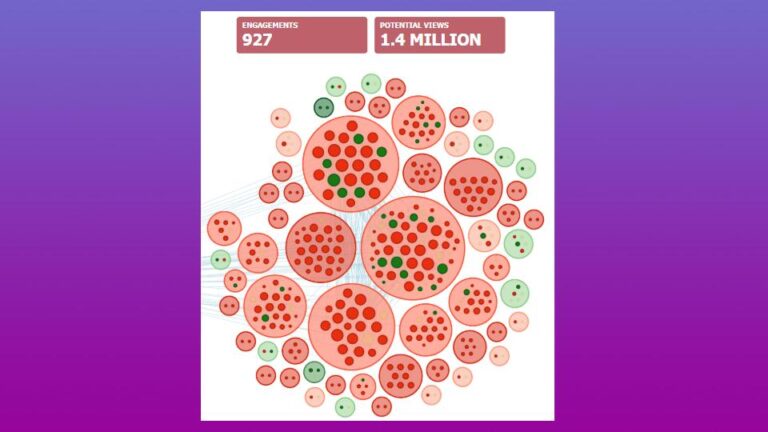
South Korea Elections – Audience Intelligence Analysis
May 20, 2025
Cyabra uncovered a coordinated disinformation effort ahead of South Korea’s election, with fake accounts driving negativity and pushing claims of election manipulation.
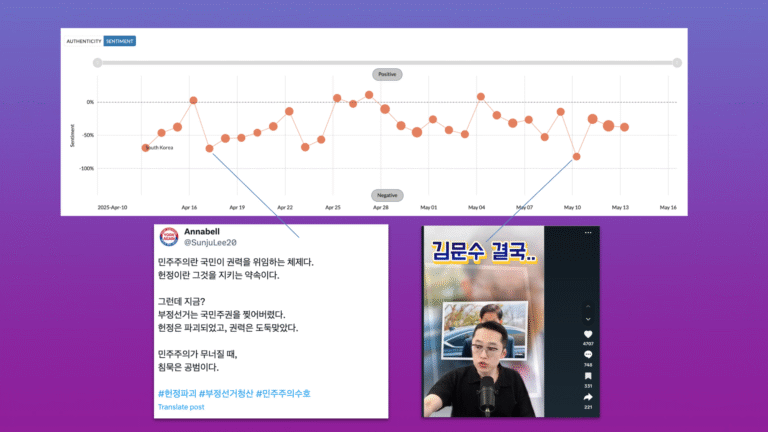
Portugal Election Manipulation: The Impact of Fake Profiles
May 19, 2025
Cyabra analyzed online discourse preceding Portugal’s 2025 election and uncovered fake campaigns targeting parties and candidates from both sides of the political landscape.
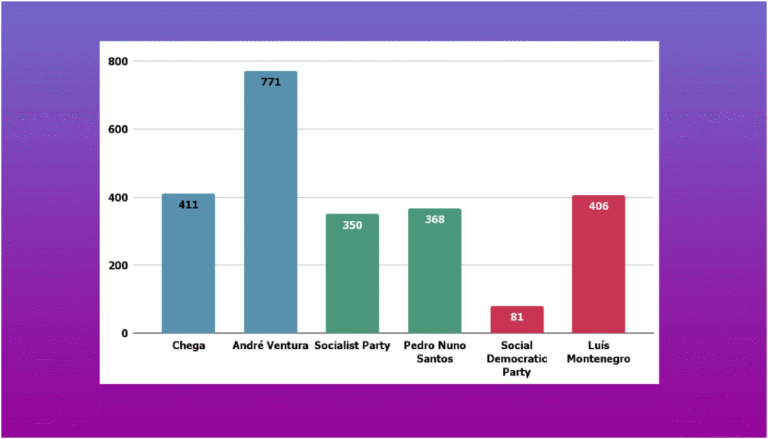
Targets DEI Decision and The Inauthentic Backlash
May 5, 2025
Following Target's decision to scale back its DEI initiatives, Cyabra exposed a wave of inauthentic activity fueling outrage and economic threats.
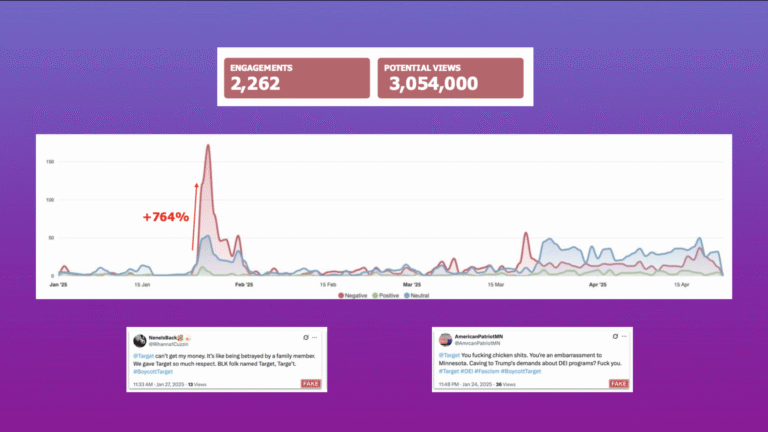
Philippine Election Manipulation- A Social Media Analysis
April 24, 2025
With the upcoming elections in the Philippines, Cyabra analyzed coordinated activity by fake profile on X.
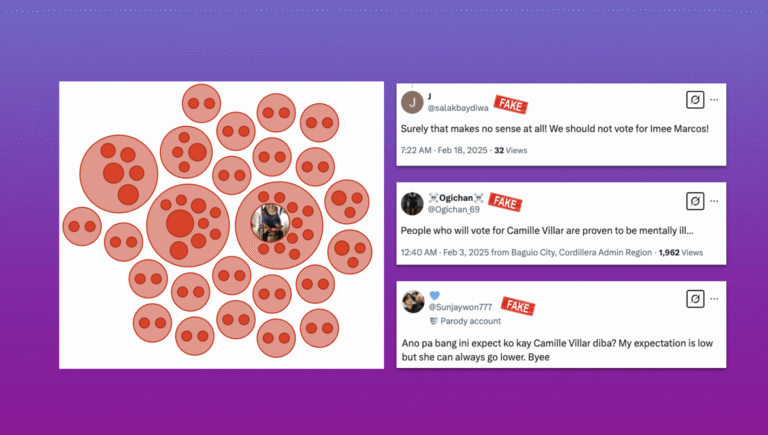
Cyabra Named Innovation Leader by Frost & Sullivan: Full Report
April 23, 2025
Frost & Sullivan analyzed the social media intelligence (SOCMINT) market and, based on its findings, recognized Cyabra with the 2025 North American Technology Innovation Leadership...

Online Manipulation Ahead of Australia’s 2025 Elections
April 21, 2025
Cyabra analyzed online conversations ahead of Australia’s federal elections and uncovered fake profiles attempting to influence voters.
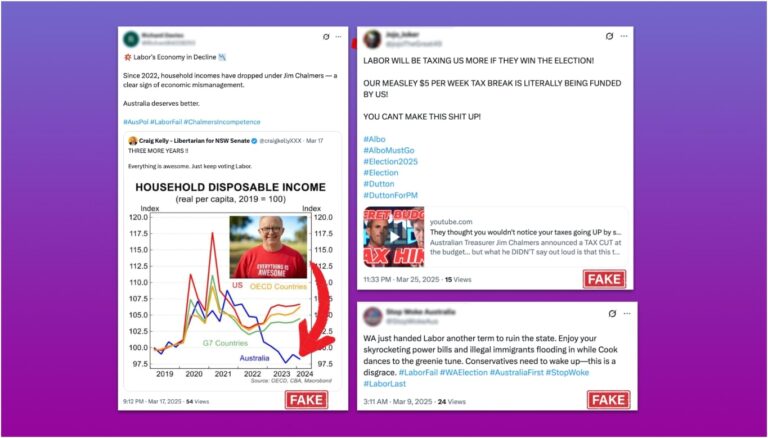
Fake Campaign Targeting Ninestar Studios on X
April 14, 2025
Cyabra uncovered a coordinated disinformation campaign designed to undermine Ninestar Studios’ reputation.
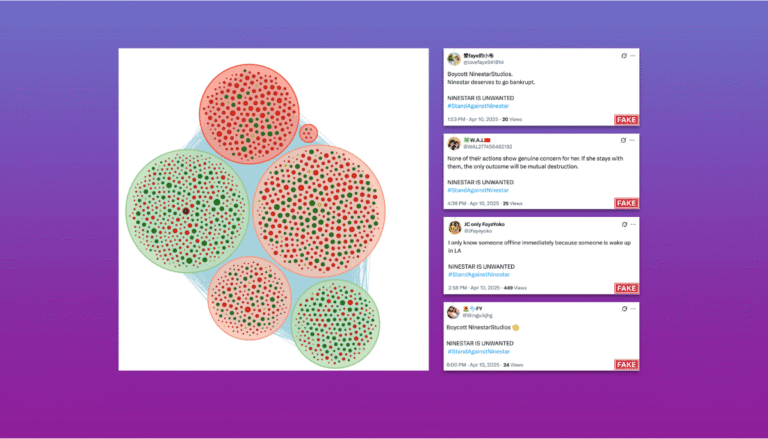
A Coordinated Fake Campaign Targeting Tesla
March 25, 2025
Cyabra uncovered an orchestrated campaign aimed at manipulating Tesla’s stock.
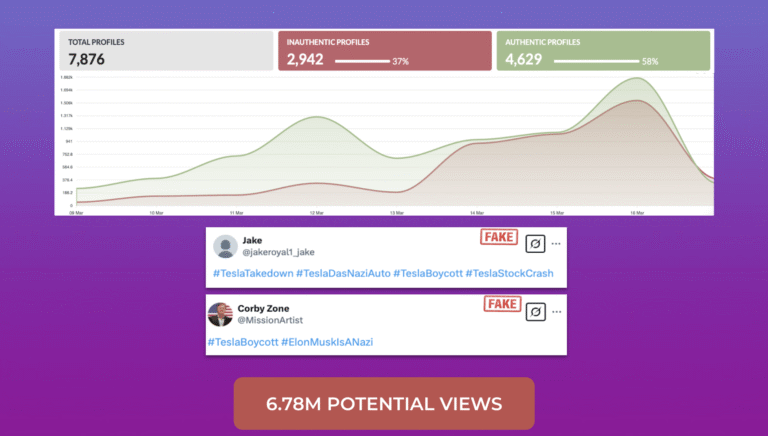
The “Economic Blackout” Boycott: A Cyabra Research
March 6, 2025
Cyabra uncovered fake profiles amplifying #EconomicBlackout hashtag to attack major brands such as Amazon, Target, Best Buy and Walmart.
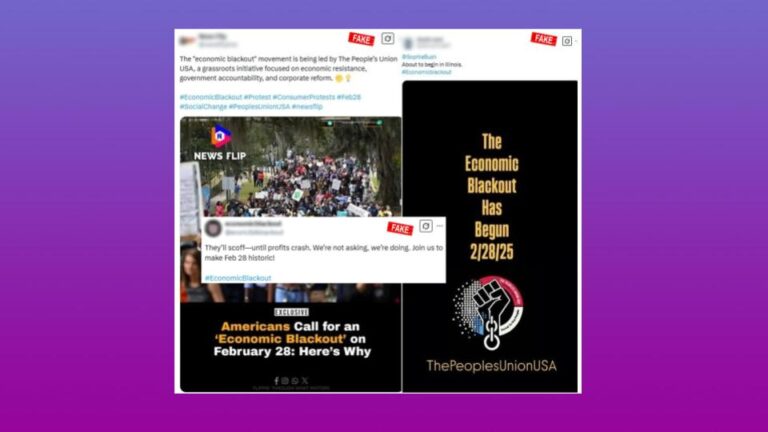
Unmasking the Shadows
March 3, 2025
Cyabra analyzed state-sponsored fake campaign and bot network to understand their impact on public perception.
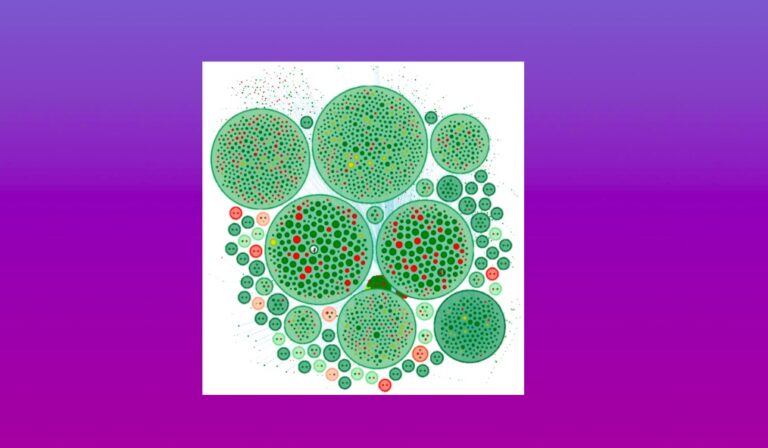
German Election Interference: Fake Profiles Promoting AfD
February 20, 2025
Over 1,000 fake profiles artificially boosted support for the far-right party AfD, spreading hundreds of misleading posts, attacking political opponents, and amplifying pro-AfD narratives.
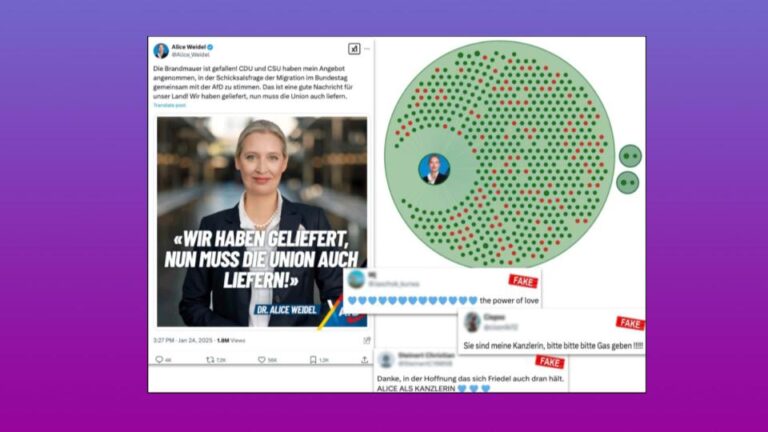
How Bots Are Shaping The Trade Discourse
February 16, 2025
Following the recent trade controversy — the tariffs imposed by U.S. President Trump — Cyabra analyzed social media activity on X to assess how fake...
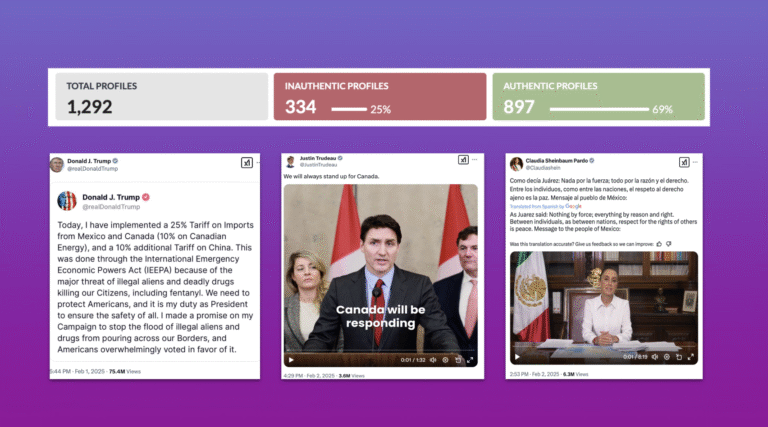
State Farm: Misinformation and Reputation Damage After Wildfires
February 13, 2025
Cyabra uncovered a huge wave of misinformation accusing State Farm of having "prior knowledge" of the wildfires.

DeepSeek AI: Coordinated Fake Campaign
February 9, 2025
Cyabra uncovered a network of fake profiles promoting the hype around DeepSeek AI.
